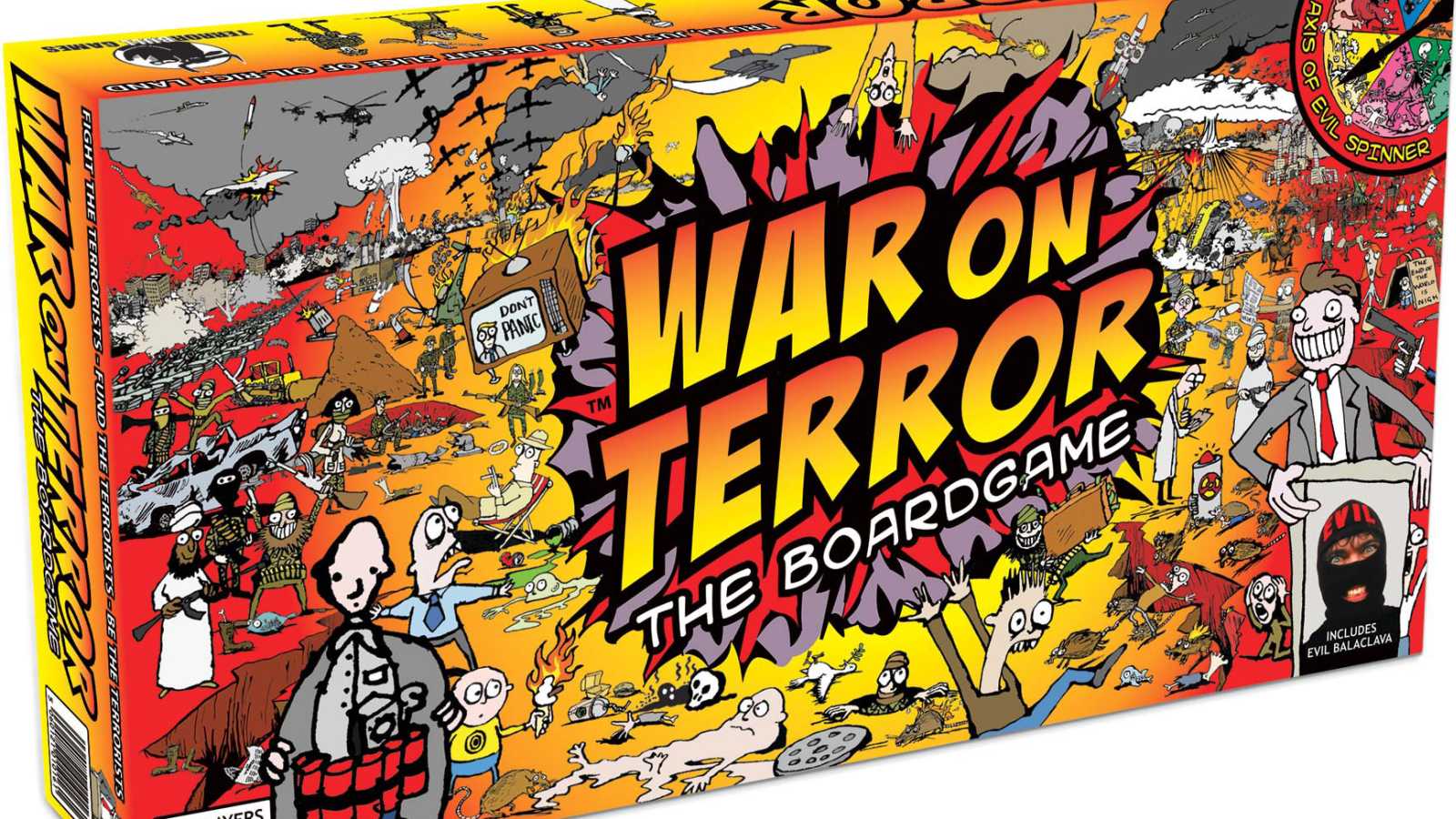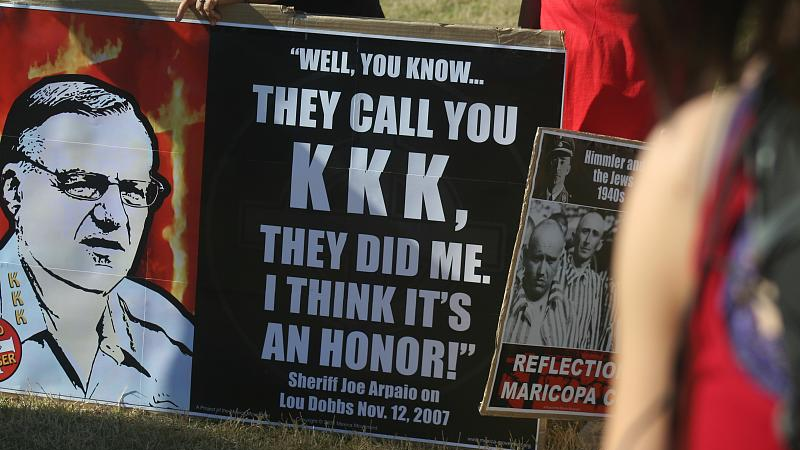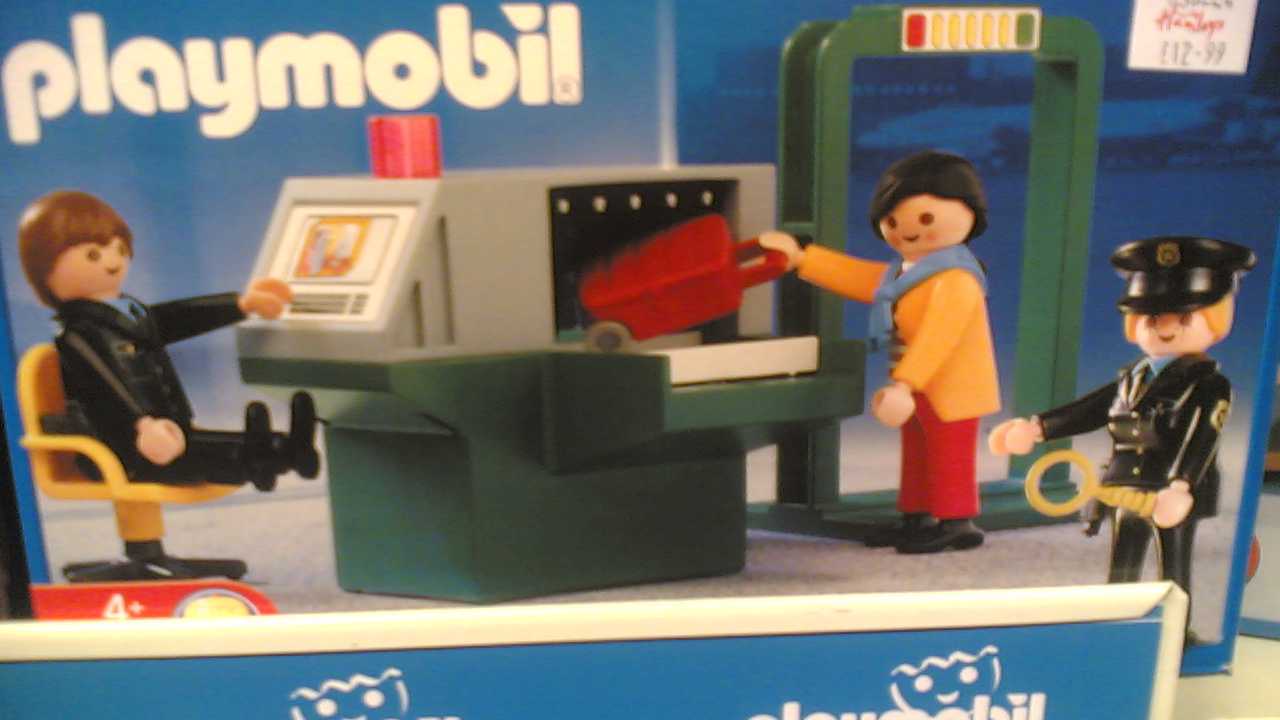In the first part, we identified that terrorism is widespread, but in the guise of ‘anti-terrorism’. In this part, it’s time to discuss how to deal with things.
Terrorism is bad, we can all agree on that, but many people fail to see that their actions and wishes against terrorism, are themselves, terrorism. Terrorism is Terrorism, it doesn’t matter if your intentions are ‘good’, or ‘for the greater good’, because that’s the same justification all perpetrators of terrorism use.
One of the better examples of how to deal with terrorism comes from the UK. Not the UK now, but the UK in the 80s and 90s. The answer was to not let it change anything. When the purpose of an action is to make you afraid, and act in a panicked way, the best thing you can do is NOT panic, not be afraid, and not change things.
Growing up in the UK in that time, we would hear about IRA, (or the Provisional IRA, or any one of the other splinter group’s) and their latest action. I lived near some busy shopping areas, and the set of Brookside, I went to school near a famous landmark (Penny Lane) and I spent a lot of time on buses and trains in the area. There were a few bomb scares, but it was usually thought of, and then it would drop from the consciousness a week or two later.
I was even at a bombingonce. In March 1993, I was in Warrington, and walked past a one of the bombs, moments before it went off, killing two. I remember hearing it explode behind me, and while the experience shook the 12 year old me, I didn’t let it stop me, or change anything I did. The experience will stay with me, it helps define me, but it does not lead my thinking, cloud my judgement, or remove any sense of reason from me.
I remember 9/11 as well. I was at work in Liverpool, and remember my (American) wife calling me when it happened. I came home as soon as I could, and we collected information via IRC. The end of October 2001, I went to the US, to work on the TV show Battlebots (the 4th time I had done so) in San Francisco. The change was incredible. The best way to describe it is to imagine if a hypochondriac had been knocked down, and then had their wounds tended to by a homeless person. The panic was palpable, Millitary, guns, checkpoints everywhere, and any sort of dissent was ‘supporting the terrorists‘
The result has been a vidication for the attack. Had it been dealt with calmly and rationally, it would have been an ‘attack’ and by now would have drifted from the public attention. Instead, a frenzy was whipped up for political gain, which we’ve already shown to be terrorism. In fact, the US (and UK) reaction to ‘terrorism’ over the last ten years has been exactly wrong. In attempting to milk it for political gain, they have not only given the terrorists everything they had wanted, but much much more as well. The fear and insecurity of the governmental leadership has led to perhaps the worst possible reactions to terrorism. Actions have led to the creation of more terrorists, rather than making the existing ones give up. The general populace is ever more afraid, and trusts less than ever, and people are LESS safe than they are before.
That’s why the reaction of Norwegian Prime Minister Jens Stoltenberg fills me with hope. “We are still shaken by what hit us, but we never give up our values. Our answer is more democracy, more openness and more humanity, but never naivete.” This is the kind of reaction that America should have had 10 years ago, rather than a blank expression followed by panic and fear.

The solution to terrorism is to avoid the temptation to succumb to the terror. Disband the TSA, they do no good anyway. Put checks and balances back in, reinstate accountability. Most of all, though, the leadership that authorised these actions need to come clean with their fellow citizens. Admit they were afraid, and that, when the time came for their leadership to be tested, they failed miserably. Instead of thinking about the good of the country, they thought about the good of themselves – it’s easy to sell a police state to a populace that is kept scared, it takes a real statesman (or woman) to stay calm and rational and do the right thing, and calm the populace.
The last thing the victims of a terrorist attack need, is their own government acting like terrorists. If Mr Stoltenberg had been President of the US in 2001, perhaps the world would be a lot safer.






Absolutely spot on, what a great article. You and Glenn Greenwald obviously share the same hope in such common sense.
Every once in a while; know hope ; )
oh, and here’s the post from GG: http://www.salon.com/news/opinion/glenn_greenwald/2011/07/28/norway/index.html
I was living in London when bombs were going off as well… I remember being out once night – and suddenly there were sirens, and this policeman was walking up Charing Cross Rd, screaming into this loud-haler for everyone to leave – this was not a calm orderly request… it was “everyone get out of here right now”.
I wanted to hang around and see the explosion but my girlfriend dragged me away. Later it turns out that a transit-van filled with semtex had turned up – really big bomb.
The thought that this should be scary never crossed our minds. The govt didn’t use it as an excuse to tap our phones or attack another country – the worst that happened (in this period) is that all the rubbish bins were taken out of the underground.
“Man, that was a big one” we said. And life went on.
Google “Brighton Bomb”… the Prime Minister was in that one – and when she came out, she said “Crime is crime is crime”. She refused to dignify the terrorists than anything more than that.
The way our leaders exploited 9/11 and 7/7 has been absolutely pathetic and completely reprehensible… and in the case of America, it could well wind up bringing the whole country down. A 3 trillion dollar over-reaction coupled with setting up the apparatus for police-statehood.
I am from Belfast , Northern Ireland. The U.K’s front line against the IRA.
Home of the worlds most bombed hotel.
My high school was blown to pieces , the neighbouring school was also wrecked as bombs went off at nearby targets.
Bombs are attacks. (if own their own)
I remember true terrorism. (bomb scares)
In the city centre , Car bomb goes off. Several other cars around the city are left abandoned with suspicious packages in them , some bombs , some decoys.
You just wanted to get out of the city , but you couldn’t , every direction you went there was an explosion or a suspected bomb.
True terror. It was really scary. People getting blown up while fleeing a different bomb was common.
Thousands of people trapped in between bombs which may or not kill you.
But life went on. Extra road blocks , more forces on the ground , more intelligence.
But we never stopped going into the city centre.
And today : all those extra security measures are nearly all gone.
Your point is a good one.
“The govt didn’t use it as an excuse to tap our phones or attack another country”
But we had to do more than just “move a few bins..”
I don’t want to minimise the events in Norway, or your own experience of an IRA bombing – I was a child of the same age in Plymouth at that time – but the events of 9/11 were on a whole different scale.
Don’t get me wrong, I think the Bush administration fought evil with evil and have created a legacy that will only continue the cycle of hatred. However, approximately 5 times as many civilians were killed in a single morning than were by the IRA in thirty years (according to my quick glance at Wikipedia), and nobody knew if that was the end or just the beginning.
Clearly Bush was not a great statesman, but I think any leader would have struggled to respond appropriately to the events of that day.
No, it was the blank stare of an anticipated, maybe even wished for, new Pearl Harbor.
In year 2000 the neocons behind the “blank face”, wrote about all geopolitical goals and the political changes they wanted to fulfill when they won the election and got their puppet in the White house, and added: “Further, the process of transformation, even if it brings revolutionary change, is likely to be a long one, absent some catastrophic and catalyzing event – like a new Pearl Harbor.”
Rebuilding Americas Defences – Strategy, forces and resources for a new century (Page 51).
Too true. The neoconservatives have been describing how they want to engineer society ever since Francis Fukuyama wrote his first words on the topic. And the red thread underpinning how this process could be accelerated has always been an understated wish for some foreign adversary to strike a massive yet not crippling blow on US soil.
I’m not going to enter tinfoil hat land by suggesting the 9/11 attack was engineered or encouraged from some US cloak-and-dagger bureau with a black budget…but I will say it doesn’t strike me at all unlikely to imagine the likes of Rumsfeld, Cheney and Wolfowicz going on their knees thanking God for 9/11 the days after it happened.
[…] So what should we do instead? Well, that’s a question for Part 2. […]
I found the word Cheerism on urban dictionary.
http://www.urbandictionary.com/define.php?term=cheerism
Any ideas on how to engage in this opposite of terrorism?
I’ll start with saying: Free hugs!
Funny, the free hugs campaign was the first thing to come to mind for me too when I tried to find an example of true anti-terrorism.
All in all an excellent article. Ten years later, it is obvious that Usama bin Laden won the first rounds and got exactly what he wanted. The wars in Afghanistan and Iraq managed to stir up hatred and suspicion between the US/Europe and the muslim world.
However, your attempt of defining the TSA/NSA/DHS security theater as “terrorism” is ridiculous. It totally contradicts any common sense definition of the term. I also take issue with the official definition you refer to in the previous blog post.
IMO, the core of terrorism is the indiscriminate and often random violence targeted at the general population by combatants who don’t follow the rules of engagement. Instilling fear in general is not terrorism; in that case the Soviet nuclear threat during the Cold War would be “terrorism”. As would a street gang of thugs who scare older ladies in the neighborhood.
Real terrorism is something terrible, let’s restrict the usage of term to actual terrorism. If we dilute the term, almost anything will become “terrorism”.
@Putte
Please help me understand what real terrorism is? Is it defined by how many a single act kill or by the people doing it?
Putte has a point.. “Terrorism” has to be defined narrowly or there’ll be no end in sight of what the term can be abused for. A bit like the term “Child Pornography” in Sweden today can be applied to drawings made of fictional 17 year people.
A more proper term for the applied security theater would probably be “Protection Racket”.
The way it works is this: You are informed, in great detail, of every possible man-made calamity which could happen to you and your loved ones unless you hand over your right to privacy along with some of your other civil rights you won’t miss unless you’re actually a criminal to start with, because “ordinary people” have nothing to hide.
Then you’ll be safe. Our promise on it.
It certainly is a scare tactic. One where it’s becoming harder to attribute the reason for it simply due to stupidity and/or incompetence. The real reason that weakening or circumventing civil rights is becoming so popular is simply because it would be highly convenient for oh so many vested interests if those basic protections were gone.
Which is why Ifpi and the MPAA/RIAA are trying to link terrorism or child pornography to filesharing and why a department of the Office of Homeland Security is busy confiscating DNS domain names in the US. Everyone has an axe to grind where it concerns being able to skip key details in common jurisprudence.
[…] not. As I noted last July, the reaction of Jens Stoltenberg, Prime Minister of Norway was promising; “We are still shaken […]
[…] piece was first published at Falkvinge.net and is released under a CC0 […]
[…] Personally, I am a big supporter of that non-panic and vengeance school of thought, as expressed so succinctly by the Danish Prime Minister after the Utoya massacre. […]